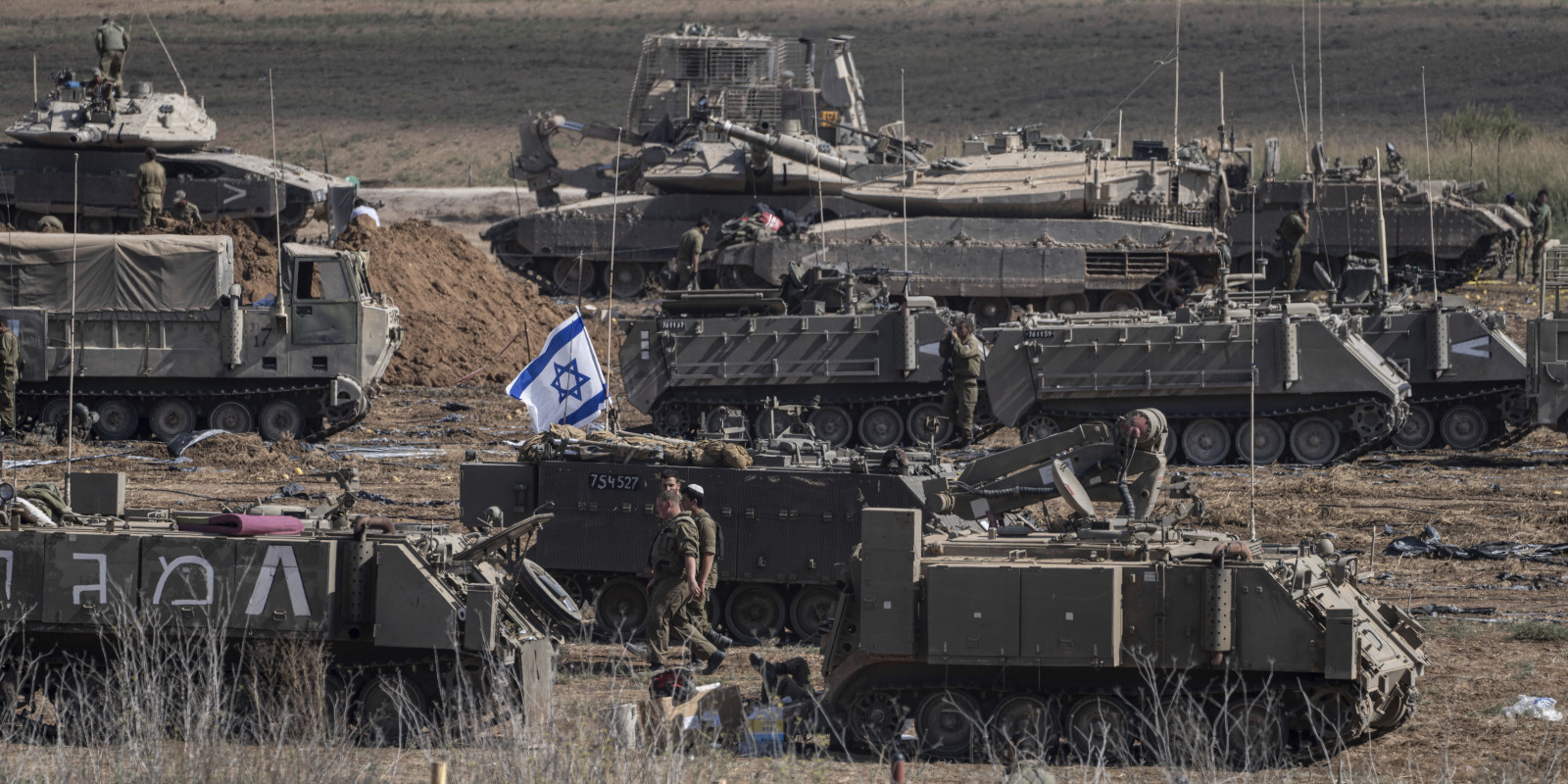TORONTO — An Israeli invasion of the Gaza Strip is looming after Hamas terrorists killed 1,400 Israeli civilians and took 200 hostages and, if Israel targets Gaza City with ground troops, they will be fighting in one of the most densely populated cities in the world.
The Hub spoke to journalist and author Robert D. Kaplan about the ongoing crisis, the “absolute hell” of urban warfare, the long-term chances of a confrontation between Israel and Iran, and why Russia and China may be the big winners from the ongoing strife in the Middle East.
You can also listen below or on your favourite podcast app to this episode of Hub Dialogues.
1. Urban warfare is “absolute hell”
“Keep in mind that that Fallujah at the time was far less densely populated than Gaza is now. It had no underground tunnels or anything like that. You didn’t get the feeling you were in a really intense urban environment. It was more like a suburban environment with ratty buildings and a lot of dust. But it was nothing like apartment houses right next to each other which you have in Gaza City… Even though on paper Fallujah was far less daunting than what the Israelis face now, I can tell you as a journalist, it was absolute hell…
The Marines were very, super disciplined, holding their fire waiting for a good shot. Yet fire was coming at them from three directions, sometimes from four. And it was unclear who is firing, because the the adversary knew the town much better than the Marines did. So there was no getting away from occasionally hitting a civilian even though they were targeting only young men with guns…
I was there for four days which seemed like a year. You eat when you can, you sleep when you can on a hard concrete floor, and you go without changing your clothes. You eat cold rations. You’re always thirsty. You’re always terrified. There’s no letup. It doesn’t stop. It goes 24 hours, so to speak.
So to extrapolate from that experience, and consider what the Israelis will be facing, if, in fact, they go through with what they have stated—that they intend to attack the northern half of the Gaza Strip, including Gaza City, I don’t see how it could be done. Even with the vast exodus of civilians, I don’t see how it can be done without killing non-combatants.”
2. Israel’s perspective on Iran has changed
“Even if the Iranians were not specifically involved in this, I think the calculus might change for the long run. That maybe if the Iranians did have a nuclear bomb, they would actually use it against us and therefore all assumptions are off…
But that’s not for today. That’s not for an expansion of the war today. That’s for some months down the road. Because the fact is, the Israelis have all they can handle with Gaza now. In fact, they’re going to use two U.S. aircraft carrier strike groups in the eastern Mediterranean, one on station and one arriving in few days, as deterrence for Hezbollah. The Israelis already struck Syrian airfields the other day. I think all that is a statement to Syria and Hezbollah essentially saying ‘Don’t you know, we’re on your game, Don’t get smart or anything. We can take you down.’
I think the Israelis will seek to limit this to Gaza for the time being. But they may also have changed their long-run assumptions for both southern Lebanon and Iran proper—even if those assumptions aren’t acted upon soon.”

3. Russia and China may be the big winners
“The Hamas attack has taken Ukraine off the news. There are less eyeballs for Ukraine. When there are less eyeballs, when it’s suddenly a page two story rather than a page one story, there’s less sympathy. There’s less pressure to supply them with weapons, general supplies, and diplomatic aid, which all flow from media attention. This is good news for Putin. Just that alone is a big boost. China has relations with Israel. I believe (you could check) it even administers one or two of the ports in Israel: Haifa and Ashkelon…So China has no particular animus towards Israel at all. But nevertheless, this attack, the presumed war in Gaza, is still good for China, because it takes the US attention away from East Asia and Taiwan.”
If you enjoy Hub Dialogues, be sure to check out more insightful commentary on The Hub’s YouTube page:
Recommended for You

Like the Blue Jays, Carney’s first budget falls just short

The UCP empowered Albertans to have their say. Now it may be coming back to bite them

‘This is significant’: Hub Politics on Carney’s disappointing budget being overshadowed by a dramatic floor crossing

‘Bet against the president winning’: Could an American Supreme Court ruling save Canadian trade?




